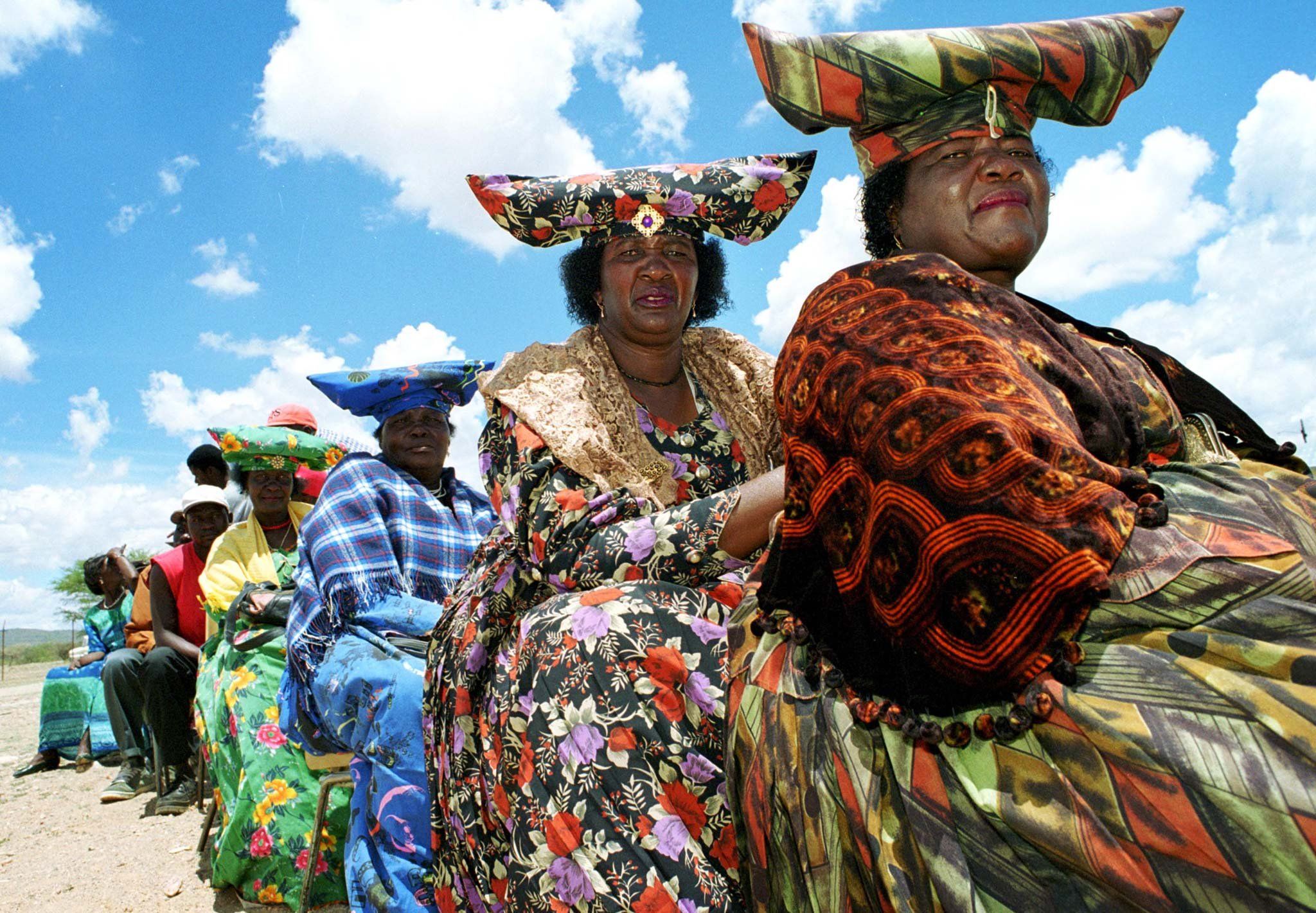Namibian politics faced some upheaval in early February with the death of President Hage Geingob, the country’s third president since it gained independence from South Africa in 1990. Nangolo Mbumba was named interim president following Geingob’s death and is expected to stay in power through November, when the southwest African nation holds a general election. Mbumba has said he will not run.
Women will feature strongly. Three of the six presidential contenders expected to do the best in the November matchup are women.
Netumbo Nandi-Ndaitwah, who has stepped up to fill Mbumba’s empty seat as vice president, will be the presidential nominee for the South West Africa People's Organisation party. SWAPO has never lost an election, but its support has been declining.
If that trend continues, the leading candidate is likely to be Panduleni Itula, from the Independent Patriots for Change party, who won 30% in the last election in 2019. That’s the best the opposition has ever done.
Whoever wins, Namibia’s vote is expected to reflect the country’s healthy multiparty democracy, and its press and assembly freedoms.
